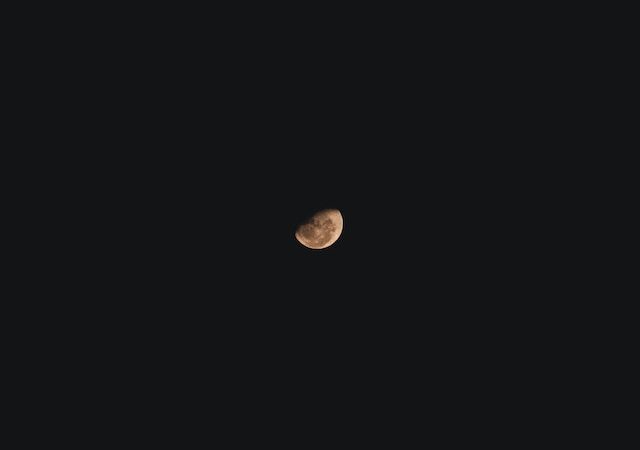Enceladus, a moon of Saturn, has gained significant scientific interest and has been recognized as one of the most intriguing places in our solar system for several reasons: 1. Active geysers and plumes: Enceladus has geysers and plumes erupting from its south pole. These plumes consist of water vapor, icy particles, and various organic compounds.
Enceladus, a moon of Saturn, has gained significant scientific interest and has been recognized as one of the most intriguing places in our solar system for several reasons:
1. Active geysers and plumes: Enceladus has geysers and plumes erupting from its south pole. These plumes consist of water vapor, icy particles, and various organic compounds. The discovery of these active vents by the Cassini spacecraft has made Enceladus a focus of scientific attention.
2. Subsurface liquid water ocean: Enceladus is known to have a subsurface ocean of liquid water beneath its icy crust. This subsurface ocean was confirmed by measurements of the moon’s gravitational field and the detection of tidal heating effects. The presence of liquid water makes Enceladus a compelling candidate for potential habitability and the search for life beyond Earth.
3. Organic molecules and chemical building blocks: The plumes of Enceladus contain a variety of organic molecules, including carbon, hydrogen, nitrogen, and oxygen. These organic compounds are considered essential for the development of life as we know it. The presence of such building blocks of life enhances the astrobiological potential of Enceladus.
4. Hydrothermal activity: Enceladus exhibits evidence of hydrothermal activity, similar to Earth’s deep-sea hydrothermal vents. This activity arises from interactions between water and rock, potentially providing energy and chemical reactions necessary to support microbial life. Hydrothermal vents on Earth are known to support unique ecosystems, raising the possibility of similar environments on Enceladus.
5. Potential for sample collection: Enceladus offers the opportunity for future missions to collect samples from its plumes. Studying these samples in laboratories on Earth could provide invaluable insights into the moon’s composition, habitability, and potential for life. The concept of a future mission to Enceladus, such as the Enceladus Life Finder (ELF), has been proposed to investigate its astrobiological potential.
The combination of liquid water, organic compounds, hydrothermal activity, and the possibility of habitability makes Enceladus an exceptionally captivating place for scientific exploration. It holds the potential to deepen our understanding of the conditions necessary for life and the prevalence of habitable environments in our solar system and beyond.

















Leave a Comment
Your email address will not be published. Required fields are marked with *